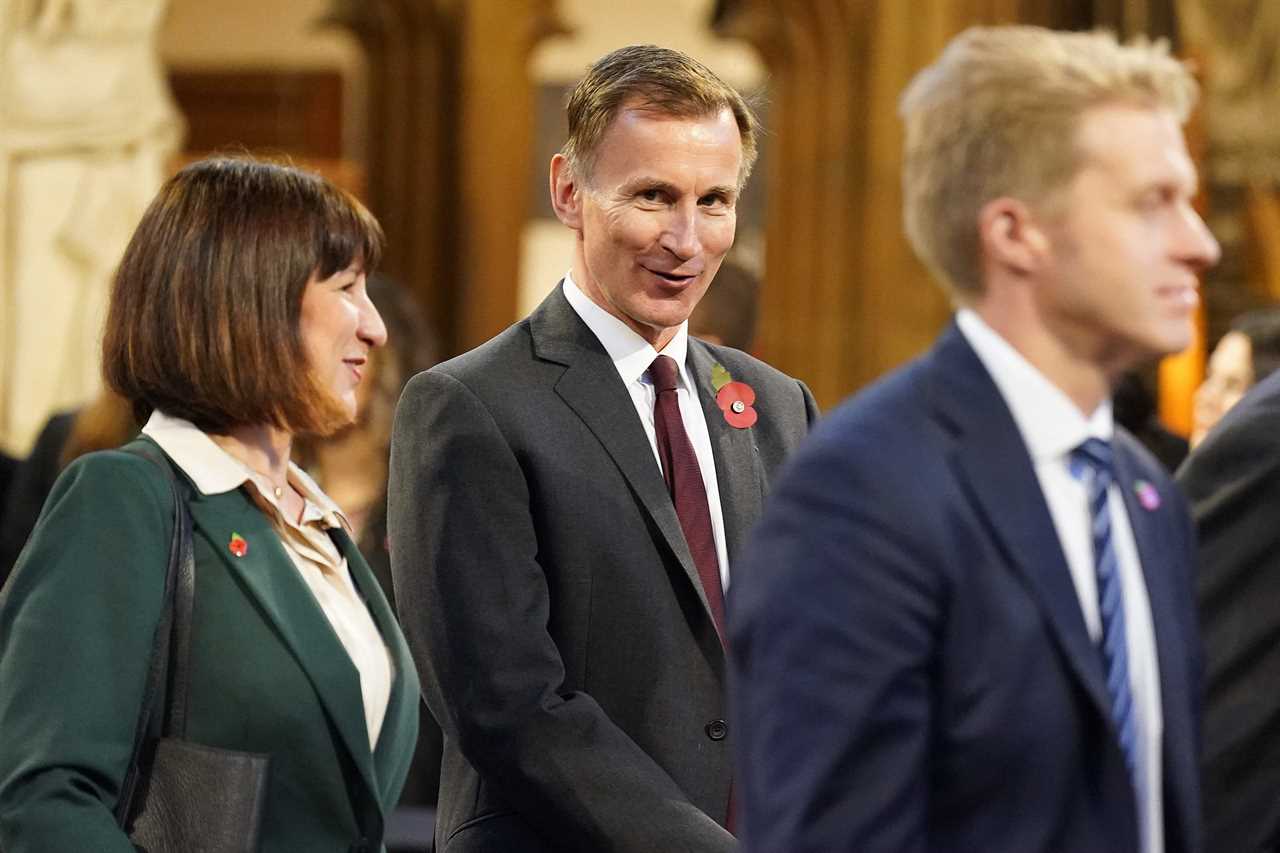
Hunt's Plan to Reduce Tax Burden
In the upcoming Autumn Statement, Chancellor Jeremy Hunt is considering a tax cut for self employed individuals, including white van men, as a way to alleviate the burden of high taxes. With inflation falling, Hunt believes it is now possible to allow Brits to keep more of their own money. The hope is that this move will give the government a much-needed boost in popularity.
High Tax Burden in the UK
According to a senior government source, Britain's tax burden is currently at its highest since World War II. Hunt recognizes the importance of finding a way to reduce the tax burden on working families, but also emphasizes that there are no shortcuts to achieving this goal. The Chancellor is meeting with Rishi Sunak to finalize the tax cuts, with one option being considered to cut Class 4 National Insurance Contributions (NICs) for the self-employed.
Potential Cut in National Insurance Contributions
Currently, self-employed individuals, such as plumbers and electricians, face a 9% charge on profits between £12,570 and £50,270, with anything above incurring a 2% levy. Critics argue that this tax discourages Brits from working more, as higher profits simply mean higher taxes. While no final decisions have been made, there is a "70% chance" that this tax will be cut in next week's Autumn Statement.
Boost for White Van Man
In addition to the potential tax cut, the government is also considering freezing the 'transit tax', also known as the van benefit charge. This levy was increased by £72 last year to nearly £800 due to inflation. However, a backlash against the increase has prompted the government to consider freezing it this year. Many Conservative MPs are banking on tax cuts to improve their chances in the next election, with Iain Duncan Smith emphasizing the critical need for taxes to come down.

Other Announcements
Aside from tax cuts, Chancellor Jeremy Hunt is expected to announce plans to provide financial relief to those who live near new pylons and electricity substations. Under these plans, eligible individuals could receive up to £10,000 off their bills over a decade.






